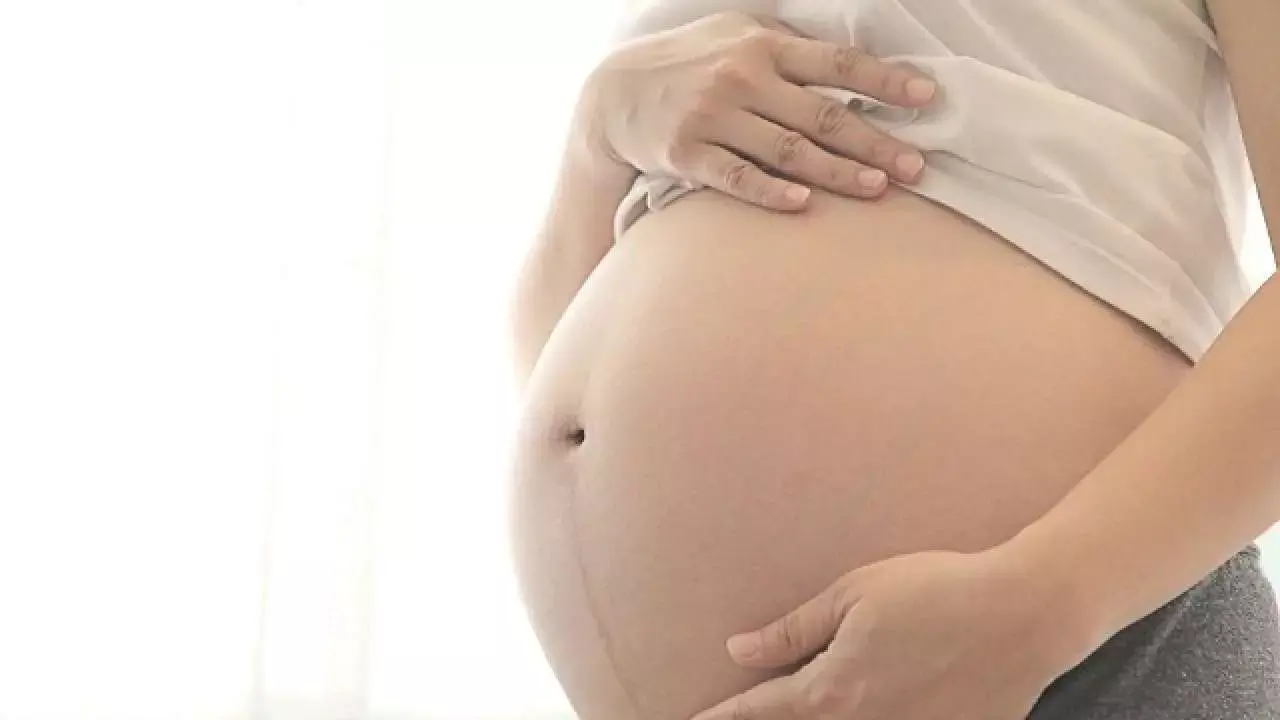- Home
- Medical news & Guidelines
- Anesthesiology
- Cardiology and CTVS
- Critical Care
- Dentistry
- Dermatology
- Diabetes and Endocrinology
- ENT
- Gastroenterology
- Medicine
- Nephrology
- Neurology
- Obstretics-Gynaecology
- Oncology
- Ophthalmology
- Orthopaedics
- Pediatrics-Neonatology
- Psychiatry
- Pulmonology
- Radiology
- Surgery
- Urology
- Laboratory Medicine
- Diet
- Nursing
- Paramedical
- Physiotherapy
- Health news
- Fact Check
- Bone Health Fact Check
- Brain Health Fact Check
- Cancer Related Fact Check
- Child Care Fact Check
- Dental and oral health fact check
- Diabetes and metabolic health fact check
- Diet and Nutrition Fact Check
- Eye and ENT Care Fact Check
- Fitness fact check
- Gut health fact check
- Heart health fact check
- Kidney health fact check
- Medical education fact check
- Men's health fact check
- Respiratory fact check
- Skin and hair care fact check
- Vaccine and Immunization fact check
- Women's health fact check
- AYUSH
- State News
- Andaman and Nicobar Islands
- Andhra Pradesh
- Arunachal Pradesh
- Assam
- Bihar
- Chandigarh
- Chattisgarh
- Dadra and Nagar Haveli
- Daman and Diu
- Delhi
- Goa
- Gujarat
- Haryana
- Himachal Pradesh
- Jammu & Kashmir
- Jharkhand
- Karnataka
- Kerala
- Ladakh
- Lakshadweep
- Madhya Pradesh
- Maharashtra
- Manipur
- Meghalaya
- Mizoram
- Nagaland
- Odisha
- Puducherry
- Punjab
- Rajasthan
- Sikkim
- Tamil Nadu
- Telangana
- Tripura
- Uttar Pradesh
- Uttrakhand
- West Bengal
- Medical Education
- Industry
Low concern of ionizing radiations in pregnant operators who take proper precautions, study claims

Israel: There are genuine concerns regarding the risks of ionizing radiation exposure to the fetus during pregnancy. Considering this, many female physicians avoid working in an environment affected by ionizing radiation exposure, like the cath lab, and even exclude training as radiologists or interventional cardiologists.
In light of the above consideration, a new study by Ariel Roguin and a research team from Israel has revealed a lack of evidence regarding radiation exposure to interventional radiologists, interventional cardiologists, and electrophysiologists in pregnant women. But the available data indicates a small risk of harm.
Roguin and colleagues, in their review, published in the journal EP Europace, described the low added risk of malformation/cancer in the offspring, discussed several common wrong beliefs, and highlighted gaps in understanding of the risks. They recommend how to further reduce radiation dose, especially in pregnant women.
No studies till now have looked at the risk of spontaneous abortion in women working in the cath lab, and none have reported the risk of other adverse effects, such as birth or fetal defects.
According to the review, exposure to high radiation doses can cause malformations, congenital disabilities, and intellectual impairments, but at amounts that are nearly ten times greater than the safety limits suggested by the National Council on Radiation Protection and Measurements (NCRP) and the American College of Obstetricians and Gynecologists. No increased risk of cancer was seen in studies of children born to radiologic technologists compared to the general population.
In a Spanish case series of one electrophysiologic and four interventional cardiologists, operators showed that with additional protection through overlapping layers of the lead skirt over the abdomen, the risk of the fetus's exposure to ionizing radiation was very low, almost negligible. One retrospective study of a woman who performed neurointerventional procedures before and after her pregnancy found zero fetal radiation exposure with two lead apron skirts; this was without any significant changes in the case volume or fluoroscopy time of the fellow.
The researchers noted that advances in mapping systems in electrophysiology, x-ray machines, and increasing awareness have significantly reduced radiation doses over time. For example, in one study of electrophysiology procedures, there was a decline in the annual recorded occupational doses by about 70% for nurses and physicians.
The authors stress the need for future studies, including long-term follow-up data on health professionals and their children exposed to radiation. Also, there is a need for prospective follow-up studies investigating the influence of radiation on spontaneous abortions and fertility and birth defects, small birth weight, cancer, and learning disabilities in the offspring. Also, studies on men are needed, such as the effect of radiation dose on fertility, child health, and conception, especially in the three months before conception.
Reference:
Majdi Saada, Erick Sanchez-Jimenez, Ariel Roguin, Risk of ionizing radiation in pregnancy: just a myth or a real concern?, EP Europace, 2022;, euac158, https://doi.org/10.1093/europace/euac158
Dr Kamal Kant Kohli-MBBS, DTCD- a chest specialist with more than 30 years of practice and a flair for writing clinical articles, Dr Kamal Kant Kohli joined Medical Dialogues as a Chief Editor of Medical News. Besides writing articles, as an editor, he proofreads and verifies all the medical content published on Medical Dialogues including those coming from journals, studies,medical conferences,guidelines etc. Email: drkohli@medicaldialogues.in. Contact no. 011-43720751


